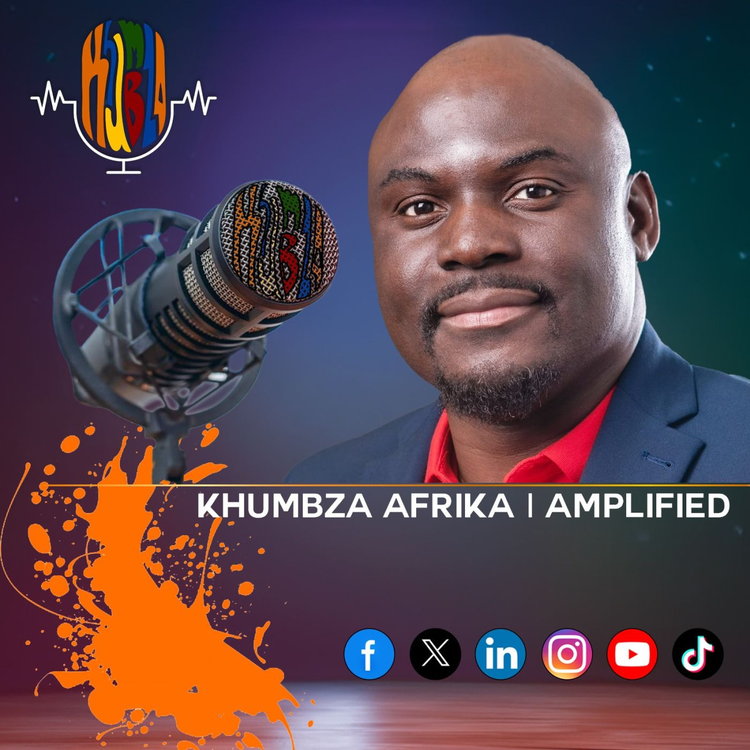
01 South Sudan | Rebecca Nyandeng De Mabior
Loading player...
In this episode, we speak with Her Excellency Rebecca Nyandeng De Mabior, the Vice President for the Gender and Youth Cluster in South Sudan. The interview covers a wide range of topics related to South Sudan's independence, the struggles and challenges faced by the country, the role of women and youth, and the vision for the future.
Rebecca reflects on the 13 years since South Sudan's independence in 2011, expressing both joy and disappointment. While the achievement of independence was a historic moment, she acknowledges that the country has not lived up to the expectations of the liberation struggle. She emphasises the need for leaders to reeducate themselves to the ideals they fought for, and to prioritise the development and freedom of the South Sudanese people.
The interview delves into Rebecca's personal life and her determination to remain strong and support the people of South Sudan during a difficult time. She discusses her role as the Vice President for the Gender and Youth Cluster, highlighting the importance of empowering women and youth in the country. Rebecca stresses the need for young people to be given opportunities to contribute to the nation's development and for women to be represented in leadership positions. The conversation also touches on the revitalised peace agreement signed in 2018, with Rebecca expressing disappointment at the lack of political will and implementation of the agreement. She dismisses the notion that ethnic divisions are the root cause of the disagreements, instead attributing them to selfishness and a lack of commitment to the people of South Sudan.
Throughout the interview, Rebecca emphasises her wish for a peaceful, crime-free, and gender-equal South Sudan, where the younger generations can inherit a better future. She expresses her desire to leave a positive legacy and to see the country achieve the ideals for which so many sacrificed their lives during the liberation struggle.
Rebecca reflects on the 13 years since South Sudan's independence in 2011, expressing both joy and disappointment. While the achievement of independence was a historic moment, she acknowledges that the country has not lived up to the expectations of the liberation struggle. She emphasises the need for leaders to reeducate themselves to the ideals they fought for, and to prioritise the development and freedom of the South Sudanese people.
The interview delves into Rebecca's personal life and her determination to remain strong and support the people of South Sudan during a difficult time. She discusses her role as the Vice President for the Gender and Youth Cluster, highlighting the importance of empowering women and youth in the country. Rebecca stresses the need for young people to be given opportunities to contribute to the nation's development and for women to be represented in leadership positions. The conversation also touches on the revitalised peace agreement signed in 2018, with Rebecca expressing disappointment at the lack of political will and implementation of the agreement. She dismisses the notion that ethnic divisions are the root cause of the disagreements, instead attributing them to selfishness and a lack of commitment to the people of South Sudan.
Throughout the interview, Rebecca emphasises her wish for a peaceful, crime-free, and gender-equal South Sudan, where the younger generations can inherit a better future. She expresses her desire to leave a positive legacy and to see the country achieve the ideals for which so many sacrificed their lives during the liberation struggle.

